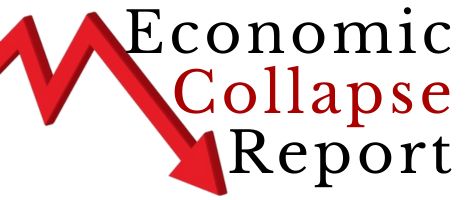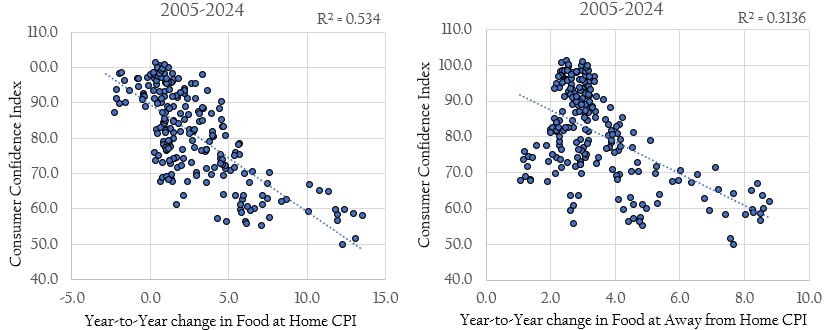The central problem with government economic policies is that many bad economic policies are politically advantageous. Hence, politicians enact policies that many of them know don’t work just to stay in power. Price controls are bad economic policy. Democrat Presidential candidate Kamala Harris wants to empower the Federal Trade Commission to stop “food price gouging” with what would amount to price ceilings.
Price ceilings cause shortages of goods and wasteful queuing, in this case for food. Why might such a bad policy win Harris, or any candidate, votes? First, many people don’t understand economics, don’t understand why price controls are bad policy. Second, a majority or people want government to secure a supply of affordable food. Consequently, increases in food costs in recent years may be a key political issue. Recent polling data indicates that economic conditions are leading concern among likely voters.
We can quantify how people feel about food costs. The food-only Consumer Price Index correlates with the consumer confidence index. Consumers feel less confident about their economic situation when food costs rise quickly, and more confident when food price inflation is at a low rate. The Bureau of Labor Statistics breaks the food-only CPI down into two subgroups: at home food and restaurant-eat out food.
As it turns out, the costs of at home food affects consumer confidence much more consistently than do costs of eat out food (a 53% statistical fit versus a 31% fit)1.
[…]
— Read More: mises.org


